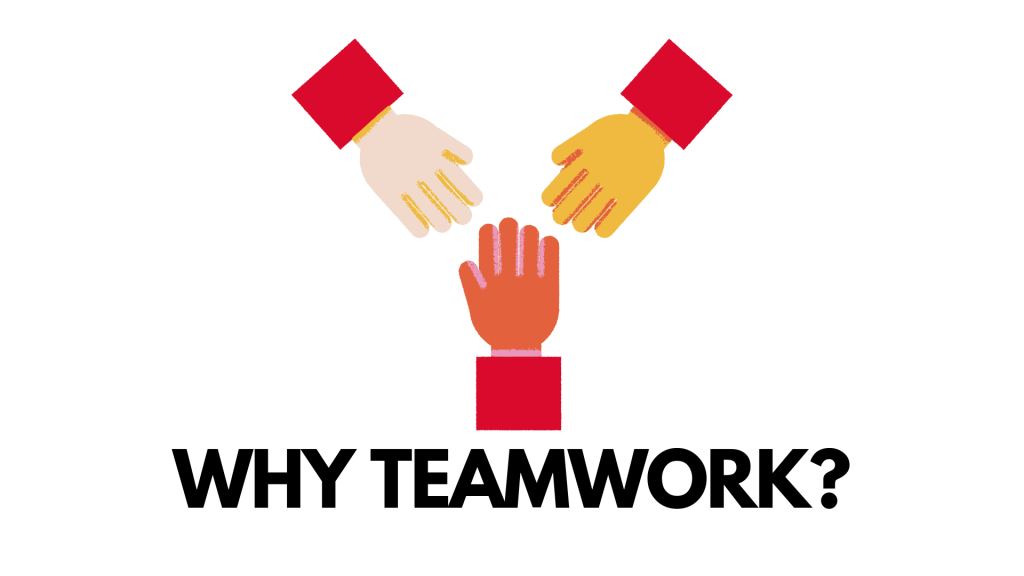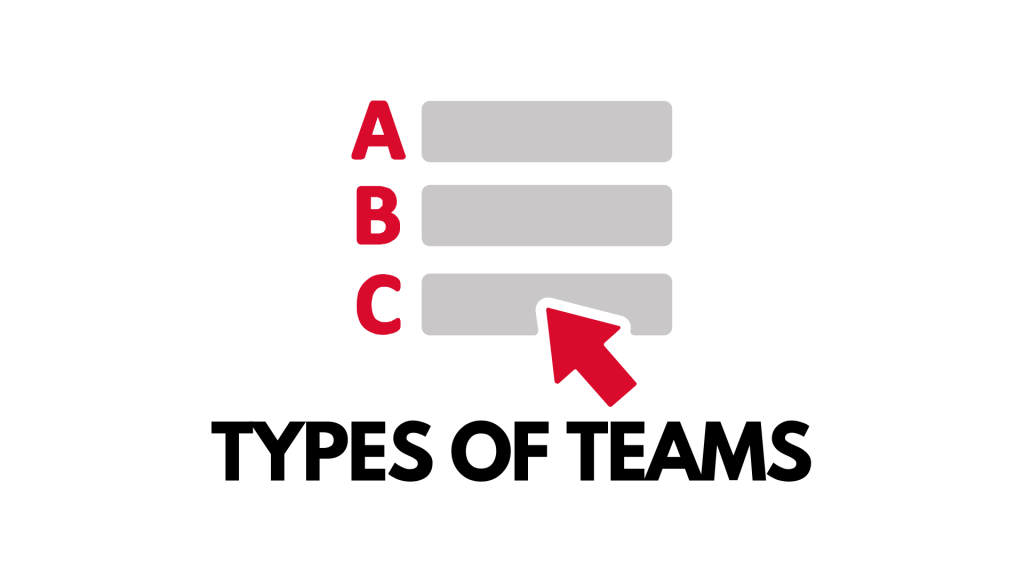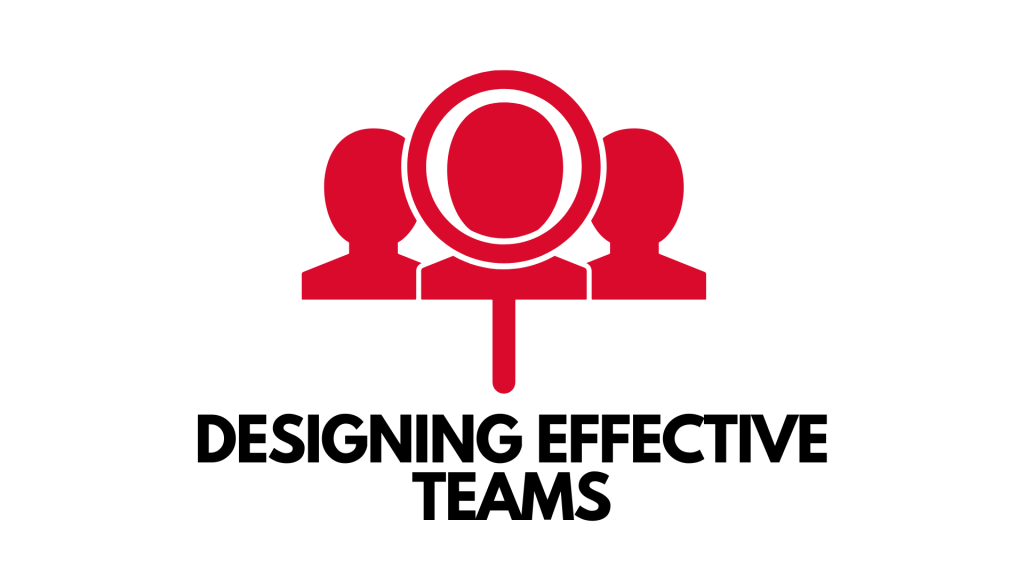Part—3 of the article talks about teamwork. The second part of the article spoke about leadership, and the first article spoke about motivation.
A team is defined as a structure that collaborates and comes together to work. In addition, a team has a shared commitment and purpose, defined performance goals, complementary abilities, devotion to how the work is done, and reciprocal accountability, to name a few qualities.
Many diverse industries use teamwork to improve performance, employee harmony, and business culture. For example, companies that adopt a project-based strategy to generate new ideas or products usually form teams to distribute responsibility and enhance the amount and diversity of ideas for the project.
Importance Of Teamwork In Organization

1. Promotes Problem Solving
The problem-solving synergy achieved from numerous minds working on a solution is why teamwork is so vital. When a single person is working on a specific company problem, she has only her own unique experience and knowledge to draw upon for solutions. Team members pool their collective ideas to develop innovative solutions to problems using collaboration.
2. Work Efficiency
When you operate as a team, you can do tasks faster and more efficiently than if you worked alone. In addition, collaboration on diverse tasks minimizes employee workloads by allowing them to share duties and ideas. Teamwork also relieves job pressure on individual employees, allowing them to be more thorough in completing their given tasks.
3. Improves Communication of Ideas
Effective communication inside a firm is built on the foundation of teamwork. When employees work on projects as individuals or autonomously, they may be hesitant to share new information or knowledge. The time it takes to execute projects, tasks, or discover solutions is lengthened due to a lack of communication.
4. Increased Accountability
Working in a team enhances everyone’s accountability, especially when they’re working under people that have a lot of respect in the company. Team members do not want to let each other down; thus, they do everything to help their teams succeed. Peer pressure is frequently significant inside teams instead of working alone on a project; hence situations of low morale are less likely to affect individuals.
5. Feeling Of Belonging
When a team is cohesive and works effectively together, team members feel like part of something positive. Everyone wants to be a part of a winning team, yet winning isn’t always possible. Because the setbacks are shared, belonging to the team makes them more palatable.
6. Learning Opportunities
Working together on a project allows new employees to learn from more experienced colleagues. In addition, members of teams frequently have skills or talents that differ from one another. Therefore, working together provides an excellent opportunity for employees to learn new abilities.
Types Of Teams

There are numerous teams, and a single team can be classified into various types. For example, a team of scientists producing a research paper for publication may be transitory, virtual, and cross-functional.
1. Virtual Teams
Virtual teams do not physically present people in the same area. Instead, they could be located in different cities, states, or nations. Some virtual teams are formed out of necessity, such as taking advantage of reduced labor costs in various countries; according to one study, more than 8.4 million people work virtually in at least one team worldwide.
In virtual teams, communication is highly vital via e-mail, phone calls, conference calls, or project management systems that help organize work. However, team performance can deteriorate if virtual team members are not entirely engaged and prefer to avoid conflict.
2. Top Management Teams
The chief executive officer (CEO) appoints top management teams, which should ideally reflect the abilities and areas that the CEO believes are critical to the company’s success. However, there are no clear guidelines for the creation or structure of top management teams. Other departments, such as legal counsel or the firm’s chief technologist, may be represented depending on the company.
Identifying future senior management team members is known as succession planning. The most significant top teams can achieve high performance now while also leaving a legacy of high performance for the future with effective succession planning.
So, how do we design an effective team?
Designing Effective Teams

Designing an effective team for any organization is one of the most important things. A good team can help organizations to be more sustainable and prosperous.
Here is how one can design an effective team:
1. Building Trust And Respect
Create a collaborative environment built on trust and respect; otherwise, progress will be limited. A startup is like a ship sailing through treacherous waters. People follow trust and integrity, not a person; hence the captain requires his team’s confidence. However, faith can balance uncertainty, which allows the team to operate together regardless of what reality throws at them.
2. Being True To Words
You’d better keep your word if you demand great productivity and high-quality work. You get back what you put in. If you say you’ll do anything, make sure you follow through. When team members recognize that you are trustworthy, they will model their behavior after you.
3. Organizing Frequent Meetings For Employees
Organize in-person meetings for all employees (all teams) at least once a year, preferably more frequently. Informal interactions bring people closer together and strengthen interpersonal bonds. One alternative is to organize a game for your teams, such as football or basketball.
4. Taking Advantage Of Conflict
When employee conflict becomes out of hand in a startup, the CEO must deal with it. Don’t add to the confusion by deciding what is good and harmful. Instead, listen closely to both sides and speak with other team members who witnessed the conflict. Brainstorming beneficial solutions to both sides might result in ideas that would not have occurred to you if the disagreement had not occurred.
Teamwork is vital since it allows your team to share ideas and duties, reducing stress and helping them to be more meticulous and thorough in their work. They will be able to reach their sales targets faster due to this.
